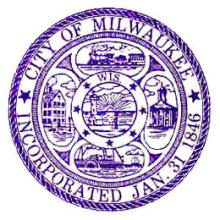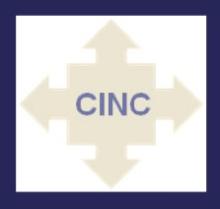Milwaukee Contemplates Its Chance to Be The Next Chattanooga
A recent article by Chloe Morrison on Nooga.com, highlighted the inquiries and envy from all over the globe about Chattanooga's awesome community fiber network. According to Rick Barrett of the Journal Sentinel, Milwaukee is one of many admirers with wandering eyes that keep taking a peak at Tennessee. No wonder! The "Gig City" has set the gold standard for connectivity. Additionally, the city has cleverly capitalized marketing the opportunities to spread the word about their network and to attract more economic opportunities.
Collaboration is the popular theme that is associated with development. When looking back in Wisconsin, collaboration seems rare to find. We have reported extensively on AT&T's attempts to instigate discord, drag out legal proceedings, and fatally halt the possibility of community owned broadband in Wisconsin. If the Badgers want to compete in the digital economy, as they claim they do, they will have to stop listening to the big cable and DSL companies:
Only a few Internet users, such as a hospital or a large company, would currently benefit from the full capabilities of a gigabit network that can move large amounts of data at incredible speeds. It's like buying a Jaguar when a Ford Focus would be perfectly adequate, said Andrew Petersen, spokesman for TDS Telecom in Madison. (from the Barrett article.)
We have all read this tired comparison before and it still seems silly from a technological perspective. Planning for the future is critical when investing in essential infrastructure. Technological advancement moves at a fast pace, rather than an adequate pace.
Consider this assage from the Nooga article and consider how many of the benefits of a next-generation networks TDS would actually care about:






